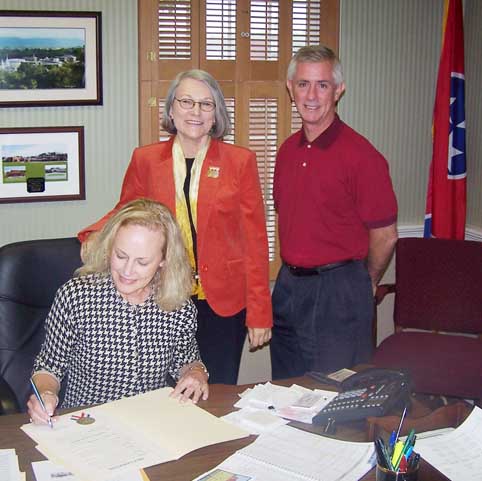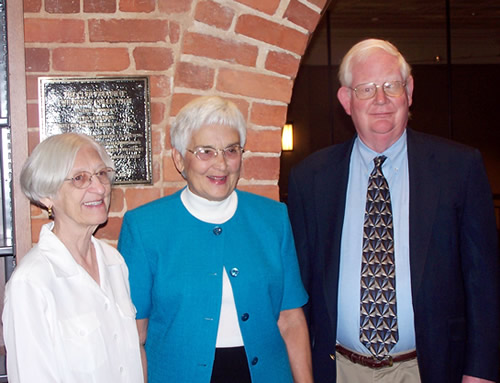Area youth football players will be admitted free to this Saturday’s South Atlantic Conference football game between Tusculum and Carson-Newman announced College officials Tuesday.
Free admission will be granted to all football players in the Greeneville and Greene County school systems that were their game jerseys to Saturday’s 1:30 p.m. kickoff at the Niswonger Sports Complex and Pioneer Field. This also includes all Greene County YMCA Flag Football League participants and players that participate in the Greeneville Recreation Department leagues (Pee Wee, Midget League, etc.). All youth players who wear their football jerseys will be admitted free.
All Greene County home school students will also receive free admission by showing their Home School ID card.
All football players and home school students will receive a 22 oz. complimentary popcorn, courtesy of Sodexho Food Services.
Parents and guardians will be charged full admission ($10 general admission) for Saturday’s game and all youth participants must be supervised.
For more information, please contact Ryan Tassell, Assistant to the Athletic Director, at (423) 636-7300 (ext. 5291) or email at rtassell@tusculum.edu.
Saturday is the regular season finale for both teams and the final regular season home game for 15 Tusculum College seniors. Tusculum (7-3, 4-2 SAC) has won four of its last five games while Carson-Newman (7-2, 5-1 SAC, No. 15 in NCAA Division II) is riding a five-game winning streak.



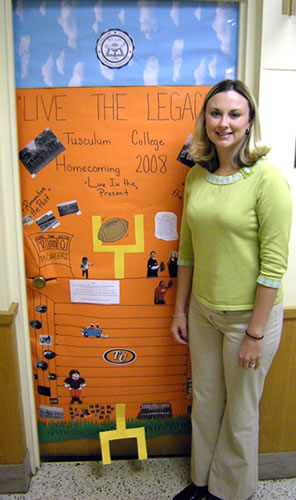 The Student Activities Board and the Office of Student Affairs announced that the winning door in the Homecoming 2008 Door Decoration Contest was designed by Karen Cox and April Lane, representing Student Support Services/TRIO Programs.
The Student Activities Board and the Office of Student Affairs announced that the winning door in the Homecoming 2008 Door Decoration Contest was designed by Karen Cox and April Lane, representing Student Support Services/TRIO Programs.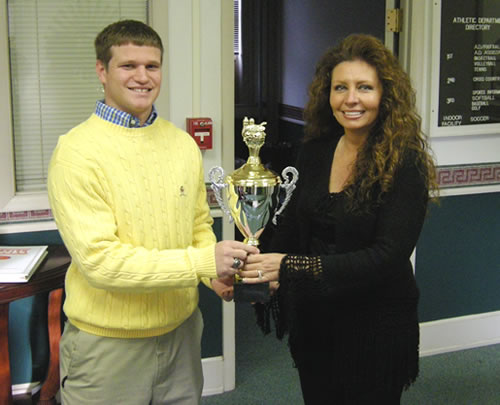
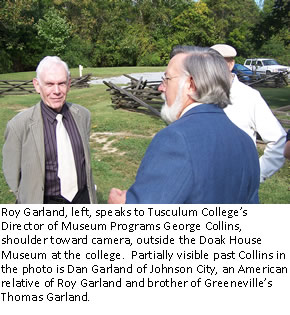 A “new day” seemingly has come to long-embattled Northern Ireland, a noted columnist/author from that region said in a guest lecture at Tusculum College Sept. 25.
A “new day” seemingly has come to long-embattled Northern Ireland, a noted columnist/author from that region said in a guest lecture at Tusculum College Sept. 25.